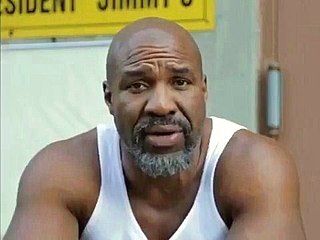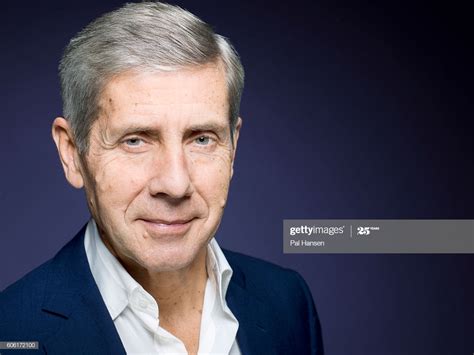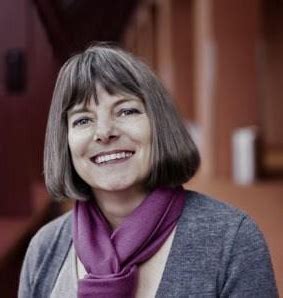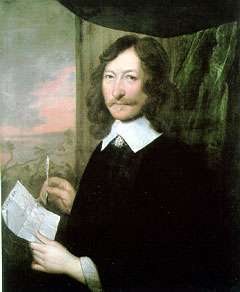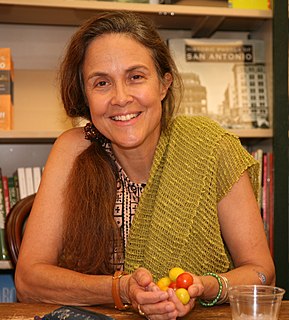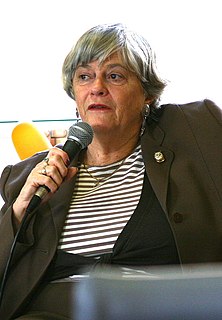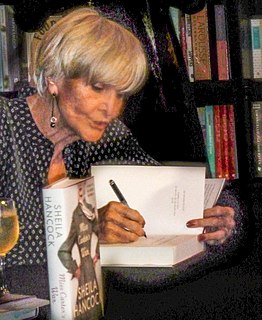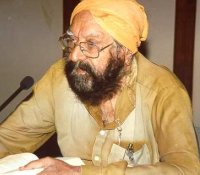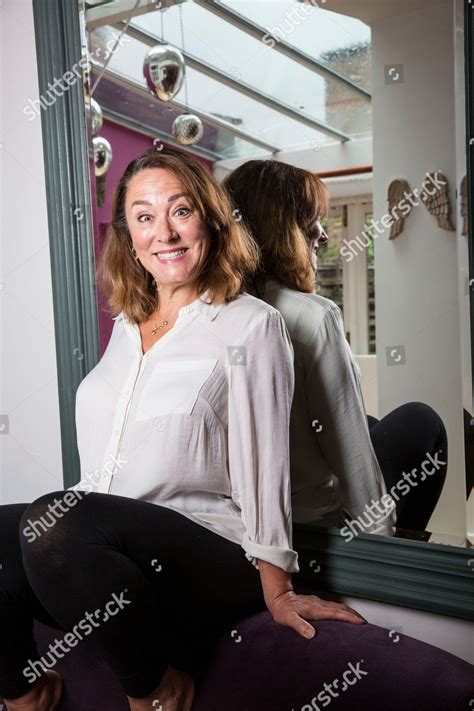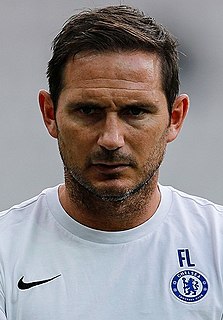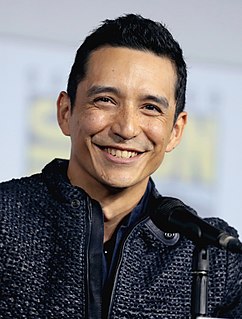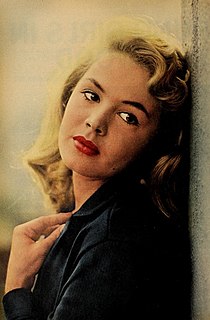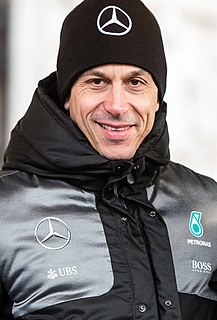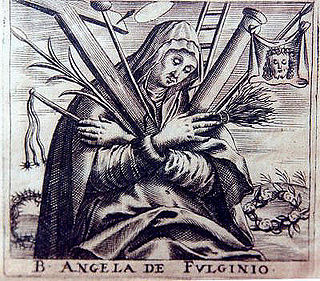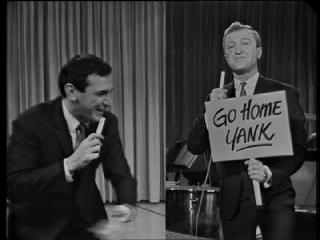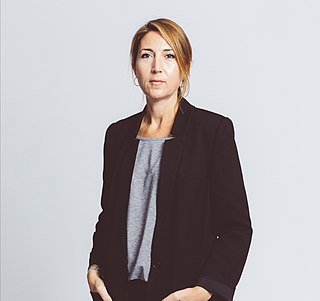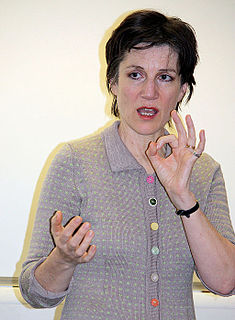Top 1200 Mother Died Quotes & Sayings
Explore popular Mother Died quotes.
Last updated on April 14, 2025.
My father, who was a hair colourist, died when I was young, so my mother had to work very hard. But at the same time, I do believe that if you have everything, it is easy to make a dinner. When you only have flour and water and olives and potatoes, you have to be much more creative, and that's what my mother is all about.
When my mother died, my father was in a crisis, my sister was in a crisis, everyone was in a crisis. I went round the night my mother was lying in the kitchen, and I organised everything, from the undertaker to the funeral... I looked after everybody, I sorted it all out and I've done so ever since.
As for my family, my father was Danel; he died as a mercenary in the southern wars," Han went on. "My mother's name was Sarah, called Sali, and my sister was Mari. They died last summer. But then, you already knew that. Every time you forget, I'll remind you. That's the blood sacrifice I made to be here, and that's enough.
My mother had a life-altering stroke when I was nineteen and she died when I was twenty-three. I'm now older than my mother when she died and my relationship with her has really changed over these many years. I continue to stay interested in her and I know her differently now. Losing my mother, losing dear friends, is now part of the fabric of my being alive. And the fabric keeps changing, which is interesting.
I was not raised with religion, and I had no faith before my mother died. On the other hand, when she died, I did not immediately feel she was "gone." I don't believe she is in something like heaven, but I also feel that we don't understand much about the nature of the universe. So I hold on to that uncertainty, at times.
I talk a lot about the men in my family because my mother died when I was little, and my grandmother died when my aunts were little, so we didn't have those kinds of heads of household. But all the members of our household who were female were sort of living as equal and as wise as the male figures in our family.
THE DEATH OF LEOPOLD GURSKY Leopold Gursky started dying on August 18, 1920. He died learning to walk. He died standing at the blackboard. And once, also, carrying a heavy tray. He died practicing a new way to sign his name. Opening a window. Washing his genitals in the bath. He died alone, because he was too embarrassed to phone anyone. Or he died thinking about Alma. Or when he chose not to.
I remember the words of my grandmother who died at 102. I remember my great mother, Grand Brika, who died at the age of 106. They talked to us all the time. And my grandmother even lied to me. She said there was royalty. She said that my great-great-great grandfather was the king of the outer Thembu.
After my mother died, I learned that she'd had a scholarship to the University of Nebraska, but - in kind of a tradition that females don't do things like that - her father prevented her from going. She always said that she wasn't allowed to go to college, but until she died, I never knew that she'd had this scholarship.
Although my father's mother, Nancy, has dementia, and her experiences gave me ideas for some of the scenes in the book, it was my mother's mother, Vera, who most influenced the character of Maud. Vera died in 2008, before I'd gotten very far into writing 'Elizabeth Is Missing,' but her voice is very like Maud's.
In that time and by God's will there died my mother, who was a great hindrance unto me in following the way of God; my husband died likewise, and in a short time there also died all my children. And because I had commenced to follow the aforesaid way and had prayed God that He would rid me of them, I had great consolation of their deaths, albeit I did also feel some grief.
I don't believe in regretting - one should try to move on. My mum was good at that. She was deeply in love with my father, and he died when I was nine. She remarried, and her second husband died, too. I saw the grieving process she went through. My mother had this way of moving on. It was a fine trait.
My father died at 42, of a heart attack. My mother was 32 then. She never wanted to be a victim. And that really resonated as a nine-year-old child. And one of the most revealing things was, very soon after my father died - he was in real estate and he owned some modest buildings - they came to my mother, the men that worked for him, and they said, "You don't have to worry. We will run the business and we will take care of you." And my mother said, "No, you won't. You will teach me how to run the business and I will take care of it and my children."
